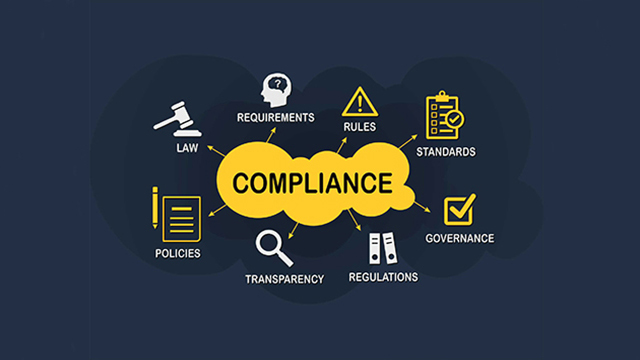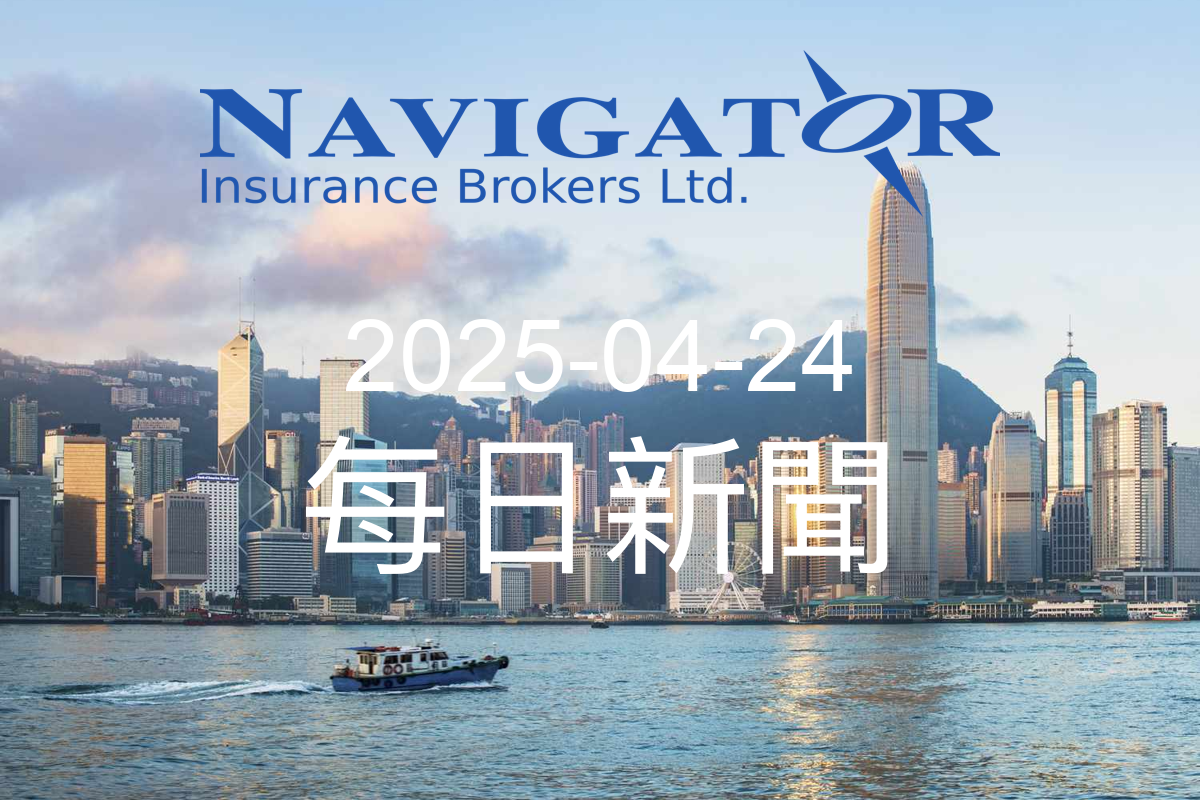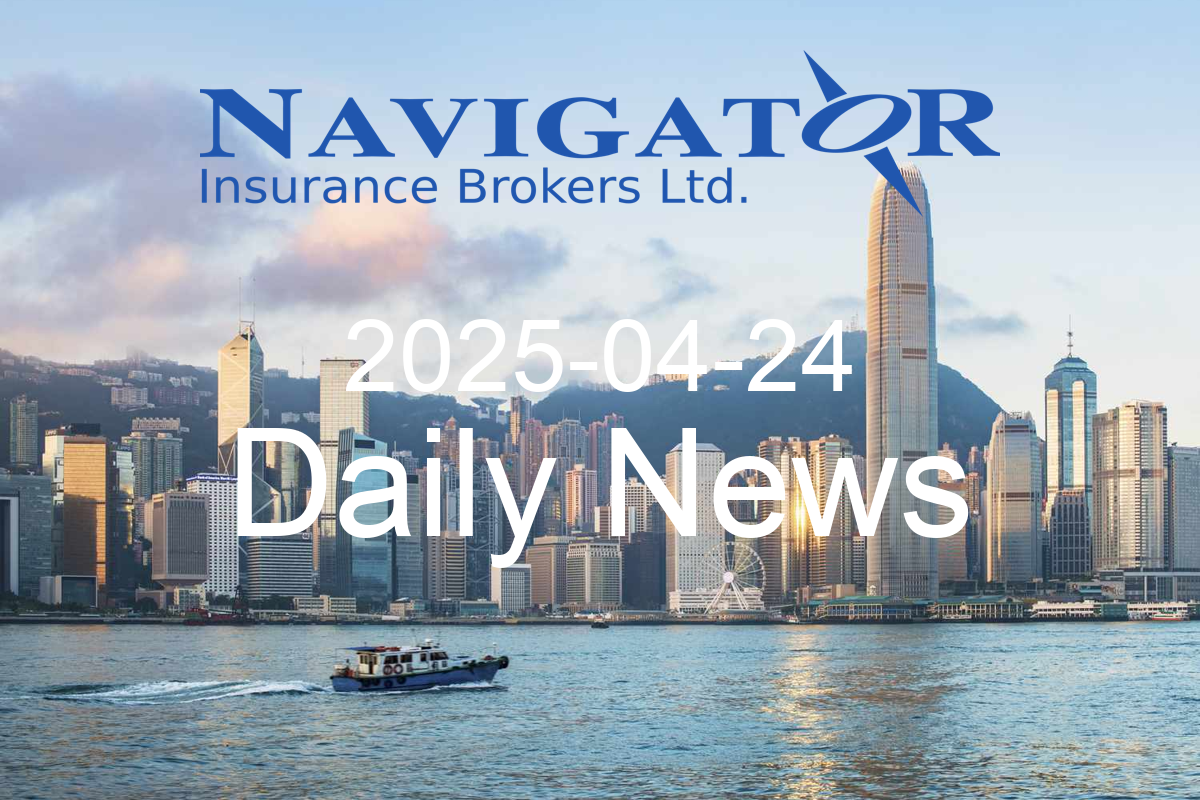
Understanding the HKMA’s Supervisory Approach on AML/CFT
The Hong Kong Monetary Authority (HKMA) plays a critical role in enforcing Anti-Money Laundering and Counter-Financing of Terrorism (AML/CFT) regulations. Its supervisory approach, outlined in SPM AML-1, focuses on risk assessment, compliance monitoring, and the active involvement of authorized institutions (AIs).
AIs, such as banks and financial institutions, must implement robust AML/CFT measures. This includes identifying and assessing risks, monitoring transactions, and reporting suspicious activities. The HKMA emphasizes continuous monitoring to ensure compliance. For example, AIs are required to conduct regular risk assessments and update their AML/CFT policies to address emerging threats.
Non-compliance with AML/CFT regulations can result in severe penalties, including fines and reputational damage. The HKMA also encourages the use of technology, such as artificial intelligence (AI), to enhance compliance efforts. AI can help detect unusual patterns in transactions, making it easier to identify potential money laundering activities.
Sanctions-related Notices and Updates for AML Compliance
Hong Kong businesses must comply with sanctions-related notices under the United Nations (Anti-Terrorism Measures) Ordinance and United Nations Sanctions Ordinance. AIs are required to maintain a database of sanctioned individuals and entities for customer and transaction screening.
Regular updates to the sanctions database are essential to ensure compliance. For instance, if a new individual or entity is added to the sanctions list, AIs must immediately screen their customers and transactions against the updated database. Failure to comply with sanctions-related notices can lead to legal consequences and financial penalties.
The HKMA actively enforces these requirements, ensuring that AIs adhere to the guidelines. Recent updates to sanctions lists have increased the pressure on businesses to stay vigilant and proactive in their compliance efforts.
Role of Insurance in AML Compliance
Professional indemnity insurance is a key tool for managing risks associated with AML compliance. In Hong Kong, insurance companies offer products designed to cover legal and regulatory risks related to AML violations.
For example, if a business faces legal action due to non-compliance with AML regulations, professional indemnity insurance can help cover the costs of defense and potential fines. Insurance also supports corporate governance by providing financial protection against unforeseen compliance issues.
Insurance companies play a vital role in mitigating AML risks. They offer tailored products that address the specific needs of businesses, ensuring they are adequately protected. This not only helps businesses manage risks but also strengthens their overall compliance framework.
Corporate Governance and AML Compliance
Corporate governance is essential for effective AML compliance. It involves establishing clear policies, assigning responsibilities, and ensuring accountability at all levels of the organization.
Board members and senior management have a critical role in AML compliance. They must oversee the implementation of AML policies, ensure adequate resources are allocated, and promote a culture of compliance. Internal controls and risk management systems are also crucial for identifying and mitigating AML risks.
Regular audits and reviews help maintain compliance and identify areas for improvement. For example, businesses can conduct internal audits to assess the effectiveness of their AML programs and make necessary adjustments.
Implementing AML Compliance Programs in Hong Kong Businesses
To implement an effective AML compliance program, businesses should follow a structured approach. This includes conducting risk assessments, performing due diligence on customers, and providing training to employees.
Risk assessment is the first step in identifying potential AML risks. Businesses must evaluate their exposure to money laundering and terrorism financing based on their industry, customer base, and geographic location. Due diligence involves verifying the identity of customers and understanding the nature of their transactions.
Training and awareness programs are essential for ensuring that employees understand their roles in AML compliance. Regular updates to policies and procedures help businesses stay aligned with regulatory requirements.
Technology plays a significant role in supporting AML compliance programs. For instance, automated systems can streamline customer due diligence and transaction monitoring, reducing the risk of human error. Collaboration with regulatory bodies and industry peers also helps businesses stay informed about best practices and emerging threats.



